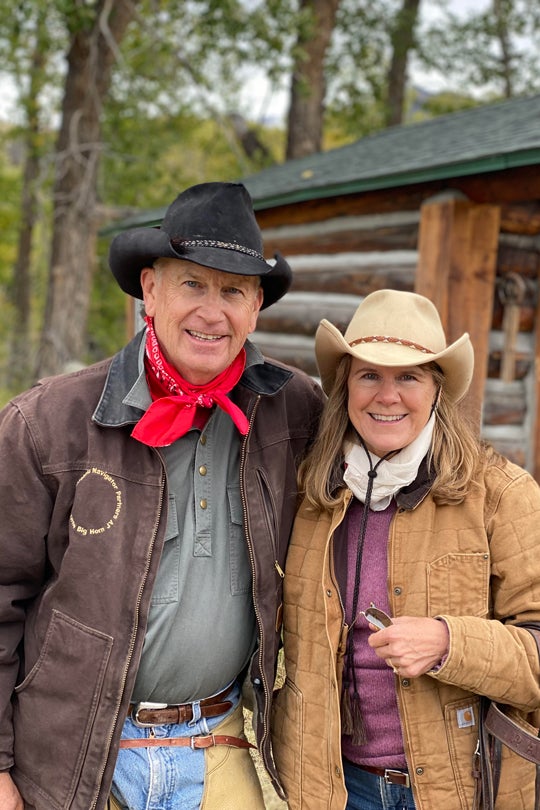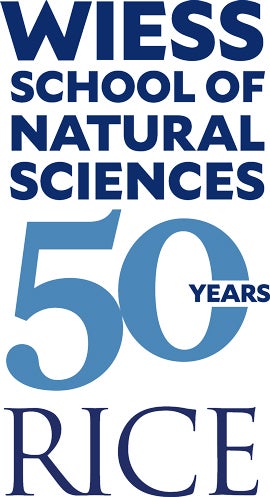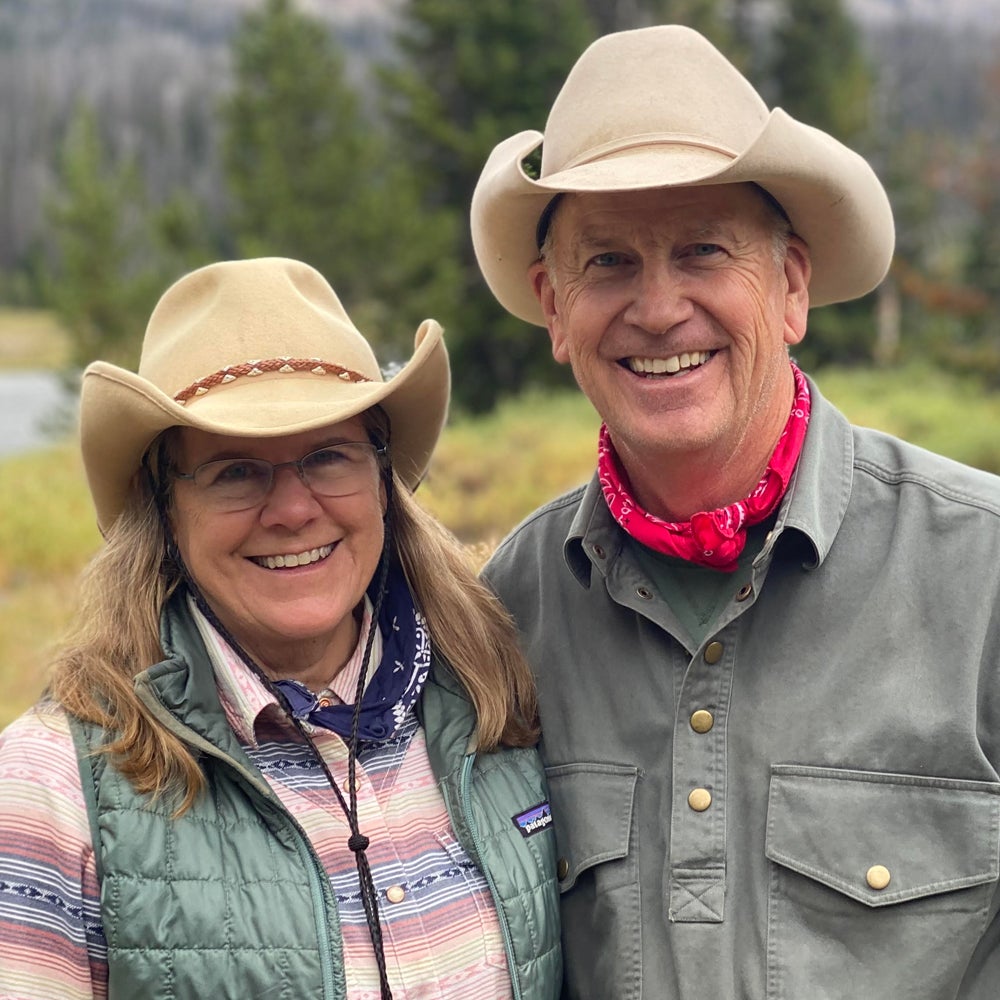
Bill Dingus ’81 is confident that Rice students can make a difference in today’s world, so much so that he and his wife, Mary Anne, gave $1 million to provide them with greater opportunities for transformative, hands-on scientific research experiences through the Department of Earth, Environmental and Planetary Sciences (EEPS).
“I have a lot of fond memories at Rice,” Dingus said. “I know they do a lot of good work, and I’m just trying to do my part to help them along. You can give to the general fund. We do some of that. But it was fun to target this project with the department.”
Rice’s roots run deep in Dingus’ family. His son and three older sisters are Owls. “I got a lot from Rice. I got a great education. I met a lot of great friends, and I keep up with a lot of them.” Rice is also where he became a geologist, which might not have happened had he not enrolled in H.C. Clark’s Geology 101 course. “He inspired me, because he had a great sense of humor, and he just enjoyed life,” Dingus said, “and I just thought, ‘Well gee, being a geologist looks like a lot of fun.’”
Dingus began his career with Exxon, and found success as an independent energy investor during the shale boom. And he’s never forgotten the lessons he learned in the classes of Emeritus Professor John Anderson, who later became a lifelong mentor and friend.
“He’s kind of a hero of mine,” Dingus said of Anderson. “He told us that before our careers were out, somebody would be drilling the shales,” which proved true during the horizontal drilling boom of the early 2000s. “He’s the first person I ever heard use the term global warming. He predicted all this, and he was right about all of it.”

Inspired by Anderson’s research legacy, Dingus’ gift funds fellowships for graduate students working in the broad areas of environmental science and sustainability. It also supports the EXPLORE program. Managed by EEPS, EXPLORE allows undergraduates of any major to collaborate with EEPS faculty to identify and take part in hands-on, experiential research experiences and internship opportunities related to Earth and space.
That’s already paying off. “We’ve met many of the students who have benefited from this program,” Dingus said. “It was really great seeing their research, what they’ve done, and their enthusiasm for it.”
And he expects an even greater payoff in the long term. “Just like any basic research, it will all lead somewhere, and it may lead to something big. The more you provide financially, the more they can look at and discover. I would hope it enables students and researchers to look a little deeper and maybe attract more funding. Because good things happen, and you can get a snowball effect.
“You never know what sort of discovery your assistance might lead to,” he said. “Given the opportunity to look a little farther, a smart Rice student might make a profound difference. Maybe they learn better ways to use petroleum products or better ways to clean up the atmosphere.”

